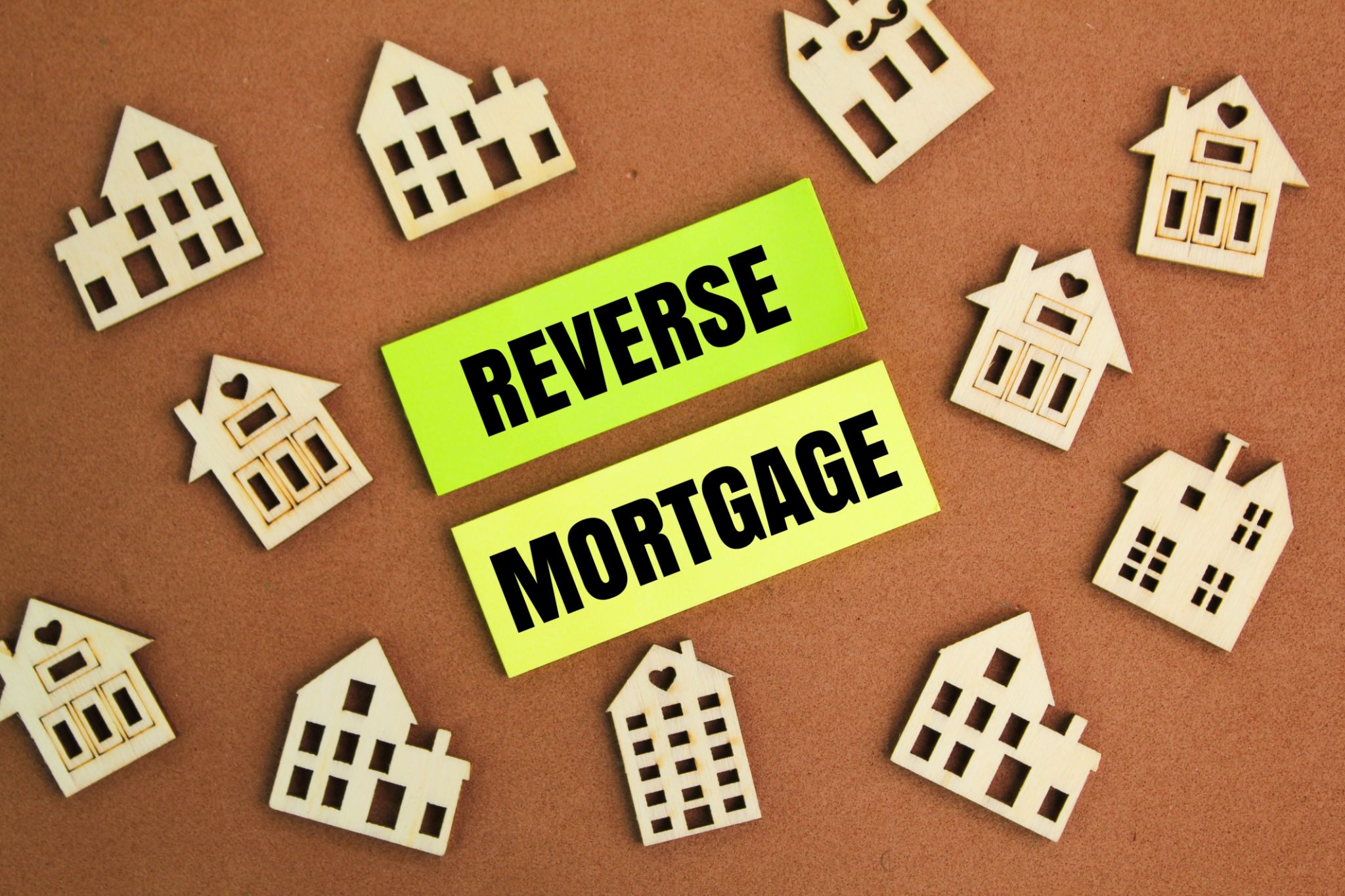Reverse Mortgages Explained: Is It the Right Choice for Your Retirement Strategy?
Understanding Reverse Mortgages
For many retirees, maintaining financial stability is a top priority. One option that surfaces often in retirement planning discussions is the reverse mortgage. But what exactly is a reverse mortgage, and how can it fit into your overall retirement strategy? Simply put, a reverse mortgage allows homeowners aged 62 or older to convert part of their home equity into cash without having to sell their home or make monthly mortgage payments.

How Does a Reverse Mortgage Work?
The mechanics of a reverse mortgage are relatively straightforward. Unlike a traditional mortgage where you make payments to the lender, in a reverse mortgage, the lender pays you. The funds you receive are typically tax-free and can be used for various purposes such as paying off debts, covering healthcare expenses, or supplementing your retirement income.
There are different ways to receive the funds from a reverse mortgage:
- Lump sum
- Monthly payments
- A line of credit
The choice depends on your financial needs and preferences.
Benefits of Reverse Mortgages
One of the most significant benefits of a reverse mortgage is that you can remain in your home while gaining access to your home's equity. This can be particularly appealing if you wish to age in place and maintain your independence. Additionally, because the funds are not considered income, they generally do not affect Social Security or Medicare benefits.

Another advantage is flexibility. The ability to choose how and when you receive your funds allows you to tailor the financial assistance to your specific needs. Whether it's covering unexpected medical bills or traveling during your golden years, a reverse mortgage can provide the financial boost you need to enjoy retirement to its fullest.
Potential Drawbacks
While reverse mortgages offer distinct advantages, they also come with potential downsides. One primary concern is that interest and fees can accumulate over time, potentially reducing the amount of equity left for your heirs. It's essential to understand the costs involved and how they may impact your estate.

Moreover, certain eligibility requirements must be met, and failure to comply with these can result in foreclosure. Homeowners are responsible for property taxes, insurance, and maintenance, and neglecting these obligations could lead to losing your home.
Is a Reverse Mortgage Right for You?
Deciding whether a reverse mortgage fits into your retirement strategy requires careful consideration and consultation with financial advisors. It's crucial to evaluate your financial situation, long-term goals, and other retirement income sources before making a decision.
If staying in your home while accessing additional funds aligns with your lifestyle and financial objectives, a reverse mortgage might be worth exploring. However, ensure you fully understand the terms and conditions before proceeding.
Conclusion
Reverse mortgages can be a valuable tool for enhancing retirement security but are not without risks. By weighing the pros and cons and seeking professional guidance, you can make an informed decision that aligns with your retirement goals. Remember, every financial situation is unique, so what works for one person may not be suitable for another.
